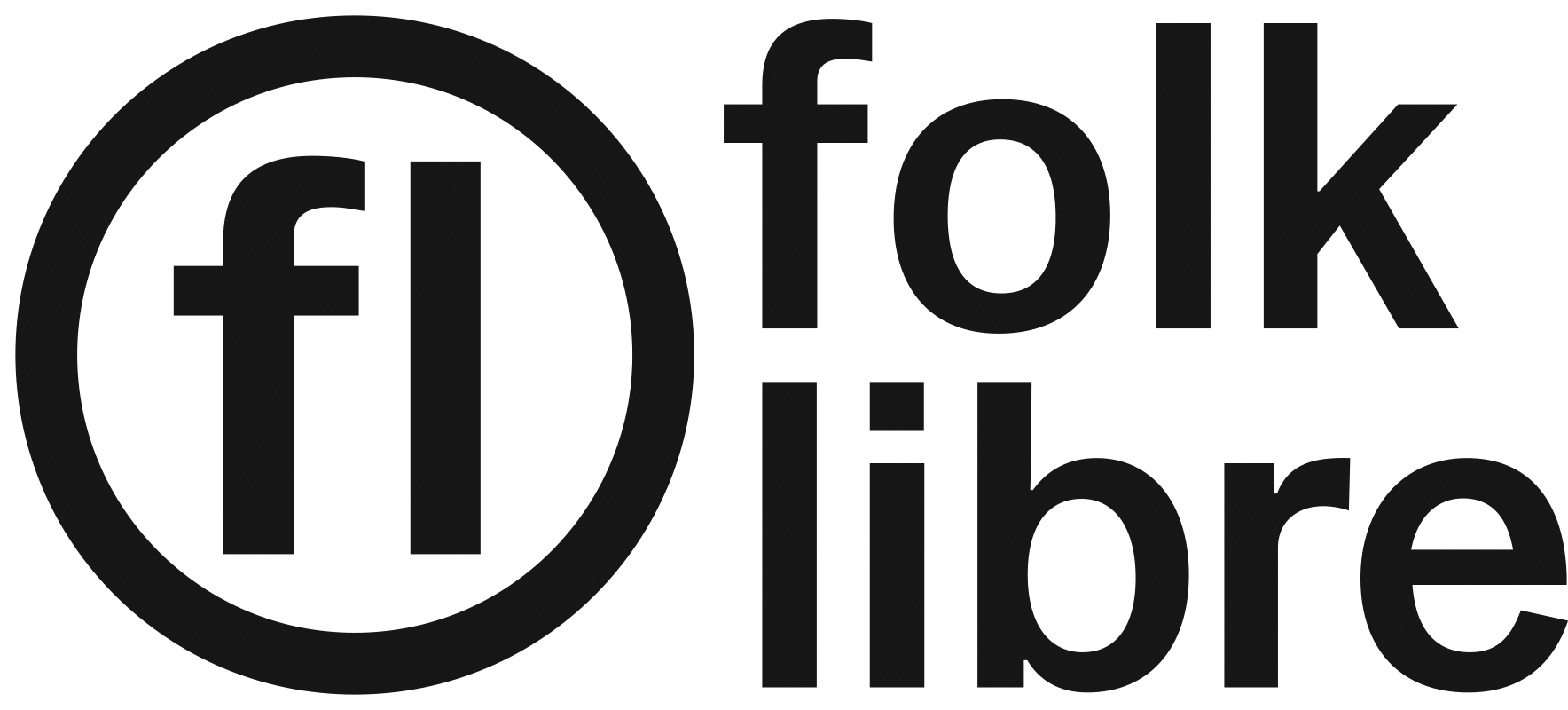This isn’t a pressing concern in the Time of COVID-19, but when (if) things get back to normal and people can safely play music together in person again, it might be worth looking into.
There have been reports for years of open mics and jam sessions having to shut down because the venues hosting them were being threatened by BMI or ASCAP, and it being less of a hassle and cost to just not have any music except commercially-licensed SiriusXM or Pandora background music. In a lot of the discussions I’ve seen about this, folk musicians say that they tried to keep it legal by only playing public domain and original music, but that the performing rights organizations wouldn’t believe that they’d stick to that, and refused to let up.
The PROs really only want to sell licenses to venues, presumably because they stay in one place and can be tracked down and served with lawsuits alleging infringement, or to event planners for one-off events. But, interestingly (to me, anyway) they will sell a blanket license to a religious organization which covers that organization’s activities outside its primary location(s). So—in theory—if a church group were sponsoring an open mic at a coffee shop that was not itself licensed for live music, the church group’s license might cover that.
Not only that, but the cost of a license is tied to the average weekly attendance at services, and it’s cheap: from $235/year for congregations with fewer than 200 people up to $2,525 for congregations larger than 15,000. That might not sound cheap, but I guarantee that a cafe that wanted to legally host a regular open mic night would be paying well over $235/year for licenses from BMI, ASCAP, and SESAC. It would probably be closer to $1,000, depending on the capacity of the space.
So what’s stopping someone from starting a church centered around the idea that musical practice is a spiritual practice? I mean, other than already belonging to a different church, which wouldn’t be a problem for me (although it might mean having to renounce my Universal Life ordination, I guess). It doesn’t look like the formalities are much more onerous than for any other nonprofit.
It wouldn’t even necessarily be a church of convenience. I think there are already a number of people for whom regular musical practice, whether that means private practice or going to the pub for a jam session, is already their de facto “going to church”. What would it mean for that to be a serious declaration, not just a casual explanation of why they spend so much time on what others see as a hobby?
Obviously music is used as a component in many (most?) religions already, for many purposes. (Are there any religions which don’t involve music in any way, and does the answer depend on how you define “music”?) What if it weren’t in support of anything but itself, though? What if you believed that the act of playing music together is a ritual and that the music produced is itself a summoned entity, with some kind of independent existence that can’t be observed without performing the ritual?
I dunno; I don’t have much coherent to say about this. I should probably go read a bunch of Pauline Oliveros before writing about it. But I will say that I think I would probably be happier in a church where music is recognized as the core than one in which music is a tool in service of other goals. And also that the idea of taking advantage of provisions afforded to religious organizations that are not offered to secular ones as someone who is not traditionally religious appeals to me.
As an aside, I wonder if the Satanic Temple folks know that the only apparent way to sign your religious organization up for licensing through the major performance rights organizations is to go through an outfit called Christian Copyright Solutions. That seems kind of exclusionaty on the part of the PROs, if you ask me.
